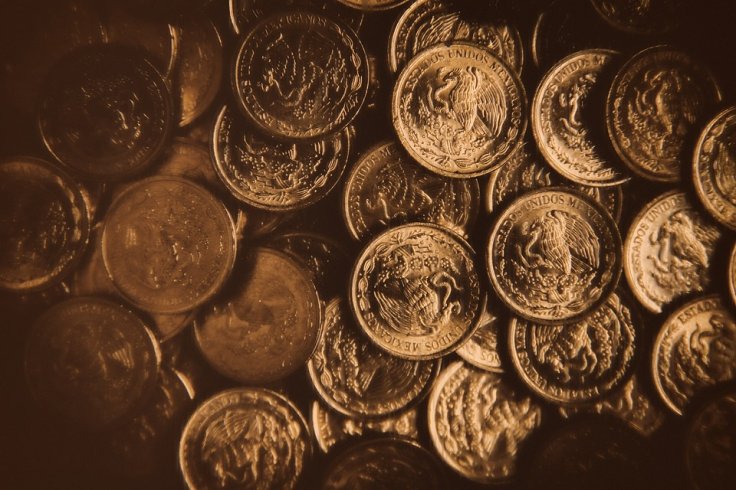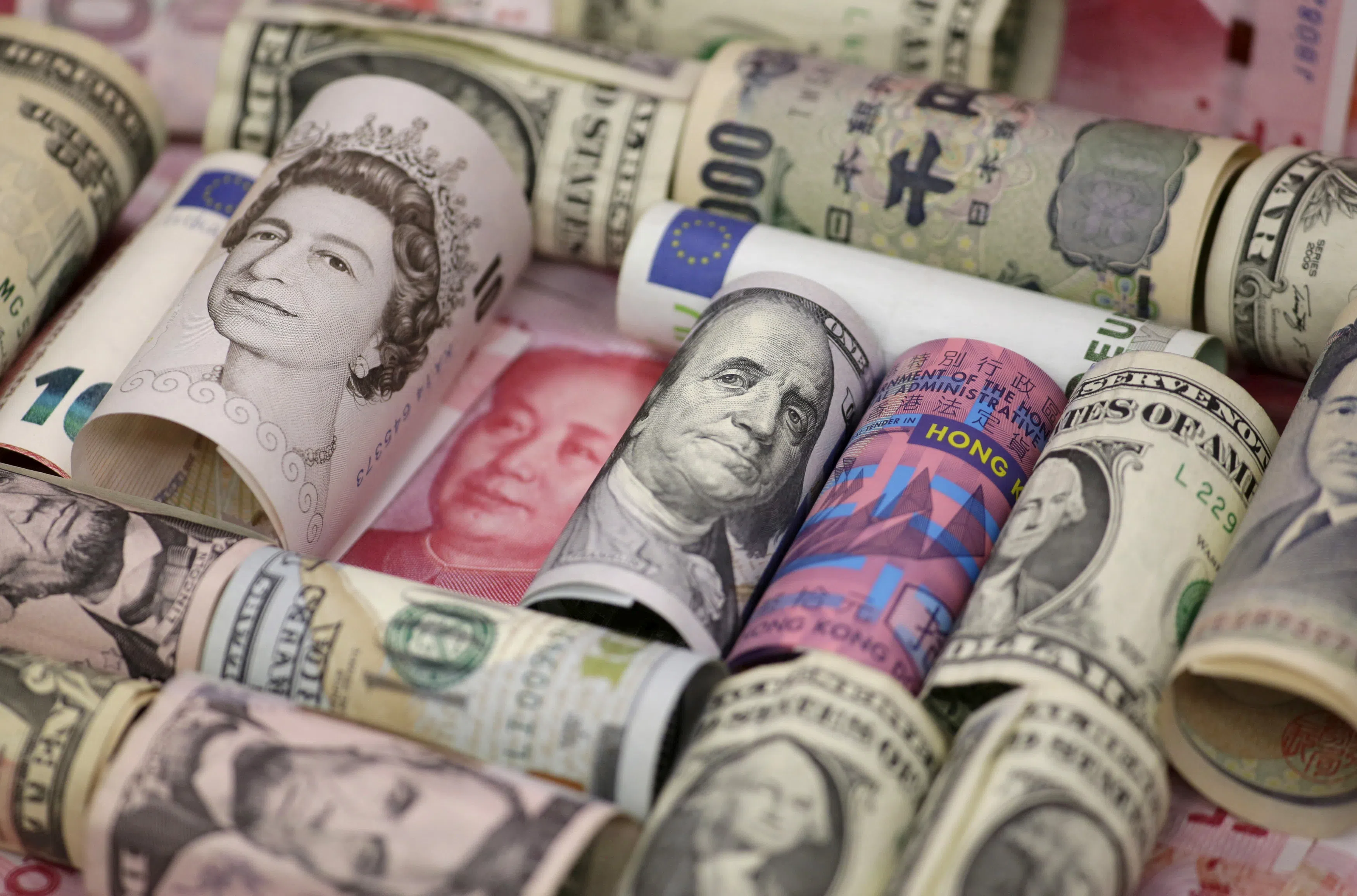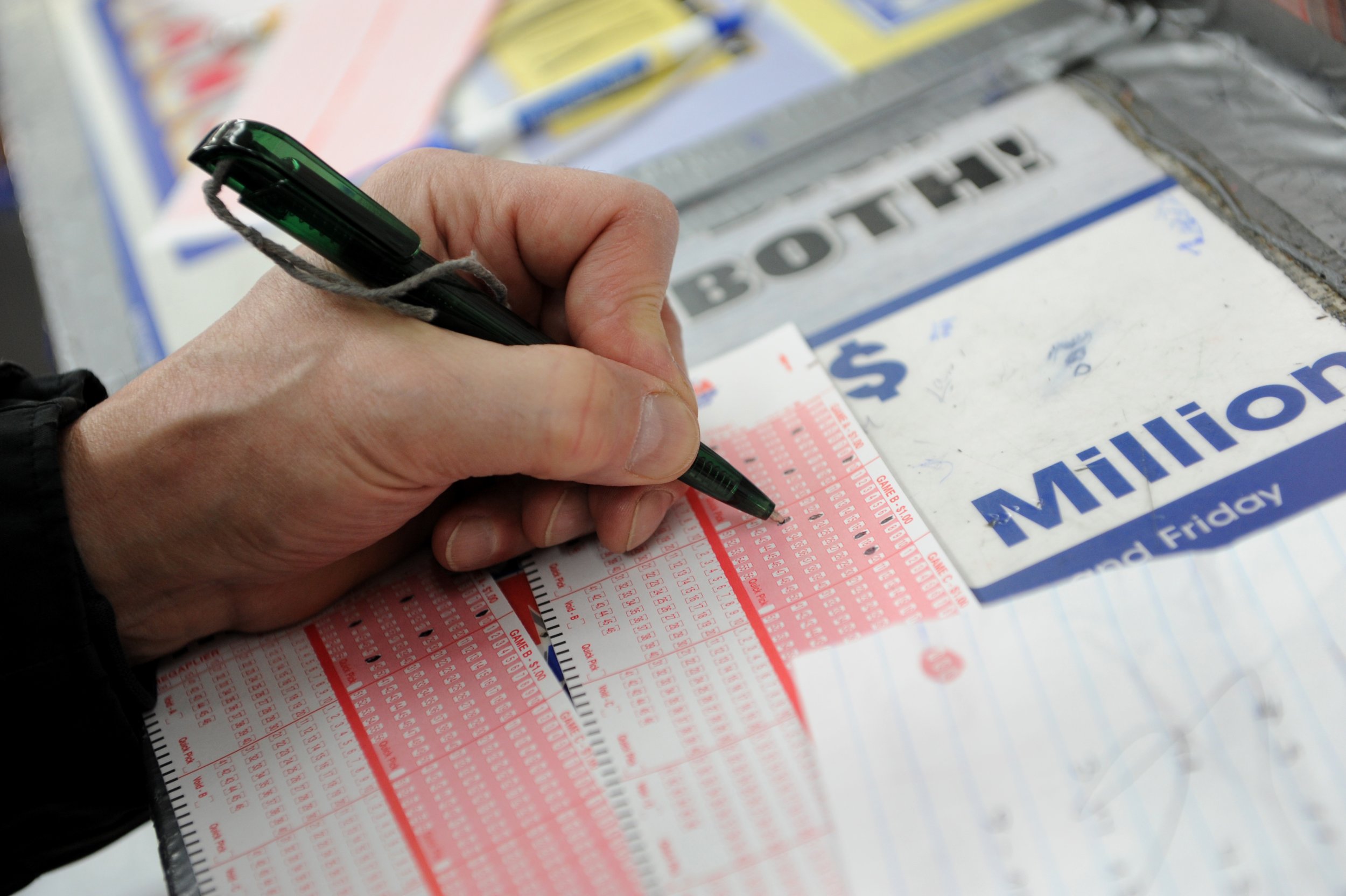The discovery of a rare gold coin on the south coast of Newfoundland in Canada will shed new light on the timing of European contact in the region. The English coin was found by a local amateur historian Edward Hynes during the summer of 2022.
The Government of Newfoundland and Labrador says this may be the oldest-known English coin found in an archaeological context in Canada. It believes the 600-year-old coin predates the first documented European contact with North America since the Vikings, in a region with a 9,000-year-old history of human settlement and rich indigenous traditions.
After consultation with Paul Berry, a former curator of the Bank of Canada’s Currency Museum, the government established that the coin is a Henry VI quarter noble which was minted in London between 1422 and 1427. In the 1400s, the coin would have been been a sizeable amount of money â valued at 1 shilling 8 pence.
A silver coin minted in 1490s was found at Cupids Cove Plantation Provincial Historic Site in 2021. It was then regarded as the oldest English Coin ever found in Canada until the latest find. Berry believes the coin was likely out of circulation when it was lost.
Jamie Brake, a provincial archaeologist, said in an interview with CBC that the coin will be put on public display at The Rooms museum in the provincial capital of St. John’s after the ongoing study is complete. “Between England and here, people over there were not yet aware of Newfoundland or North America at the time that this was minted,” he said. “There’s been some knowledge of pre-16th century European presence here for a while, you know, excluding Norse and so on. The possibility of perhaps a pre-16th century occupation would be pretty amazing and highly significant in this part of the world.”

However, Brake said the coin doesn’t mean that someone from Europe was on the island before Cabot. He believes it could have been part of a later settler’s collection. The coin is a thin circle of solid gold, slightly smaller than a quarter and weighs a little more than a dime.







